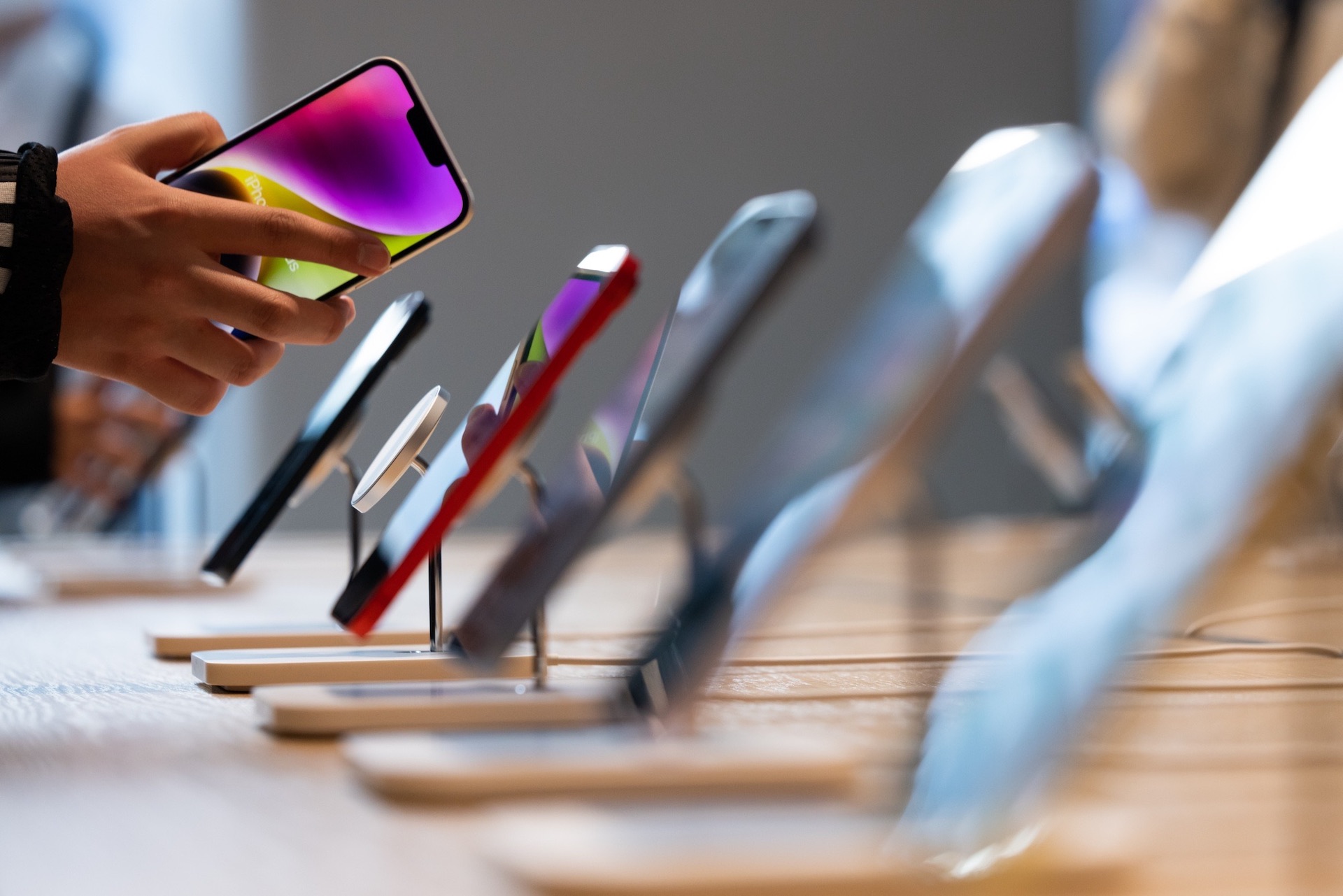A slump in the global smartphone industry has been a concern for market analysts, but Apple is preparing to defy the odds. Renowned market intelligence firms Counterpoint and IDC have both signaled that the smartphone sector is in for a tough year, anticipating the lowest volume of smartphone shipments in the past decade. Contributing factors include the ongoing pandemic, economic challenges, and a technology plateau that has led to lengthening device upgrade cycles among consumers.
This downward trajectory has been evident since 2017, marked by waning consumer interest due to incremental advancements in smartphone technology. Nowadays, consumers find little incentive to upgrade their devices every year, instead holding onto them for an average of three to four years. IDC has consequently revised its earlier forecasts, projecting a 4.7% decline in worldwide smartphone shipments for 2023, down to 1.15 billion units.

Despite these odds, Apple is poised to buck the trend significantly. According to IDC, the tech giant’s iOS devices are expected to see a 1.1% year-over-year growth, reaching an all-time high market share of 19.9%. The company attributes this resilience to Apple’s strategic initiatives, such as trade-in deals and installment payment schemes like Apple Pay Later.
Ryan Reith, group vice president of Mobility and Consumer Device Trackers at IDC, lauded Apple’s strategy, stating: “During a time when the entire market is struggling, it speaks volumes to once again see Apple going the opposite direction.” It’s worth noting that Apple’s upcoming iPhone 15 Pro Max is predicted to lead this surge, although production delays may affect immediate availability post-launch.

While many firms offer similar programs to incentivize upgrades, Apple’s unique approach continues to persuade both existing iPhone owners to buy and Android users to make the switch, even as the smartphone market faces unprecedented challenges.













